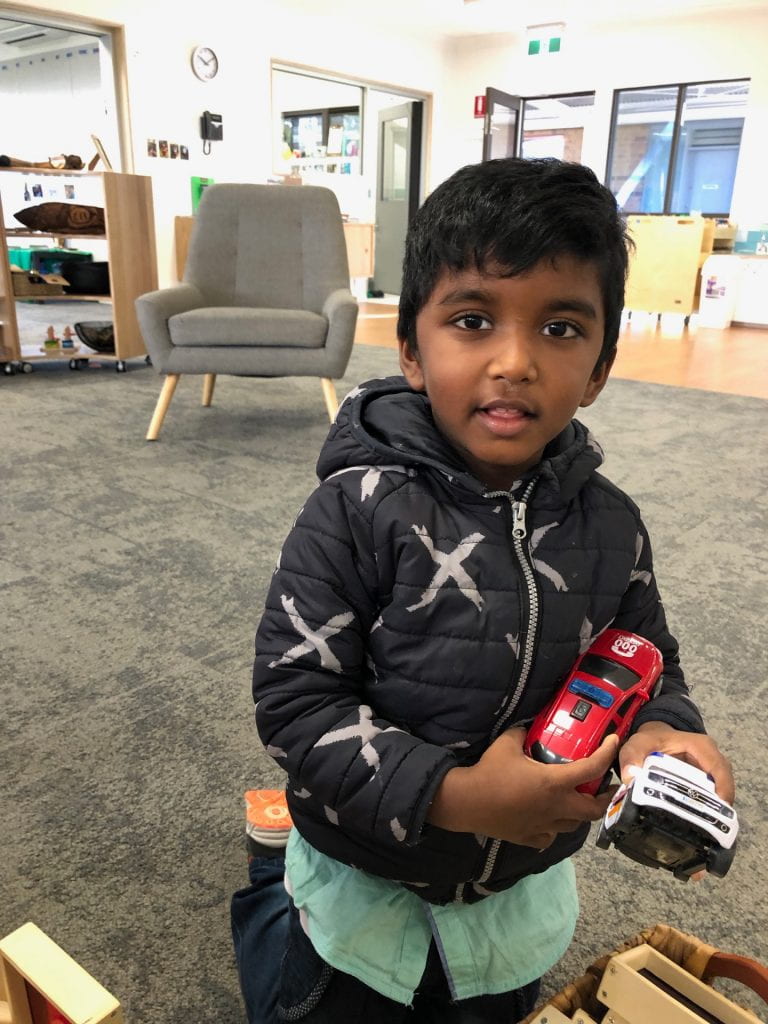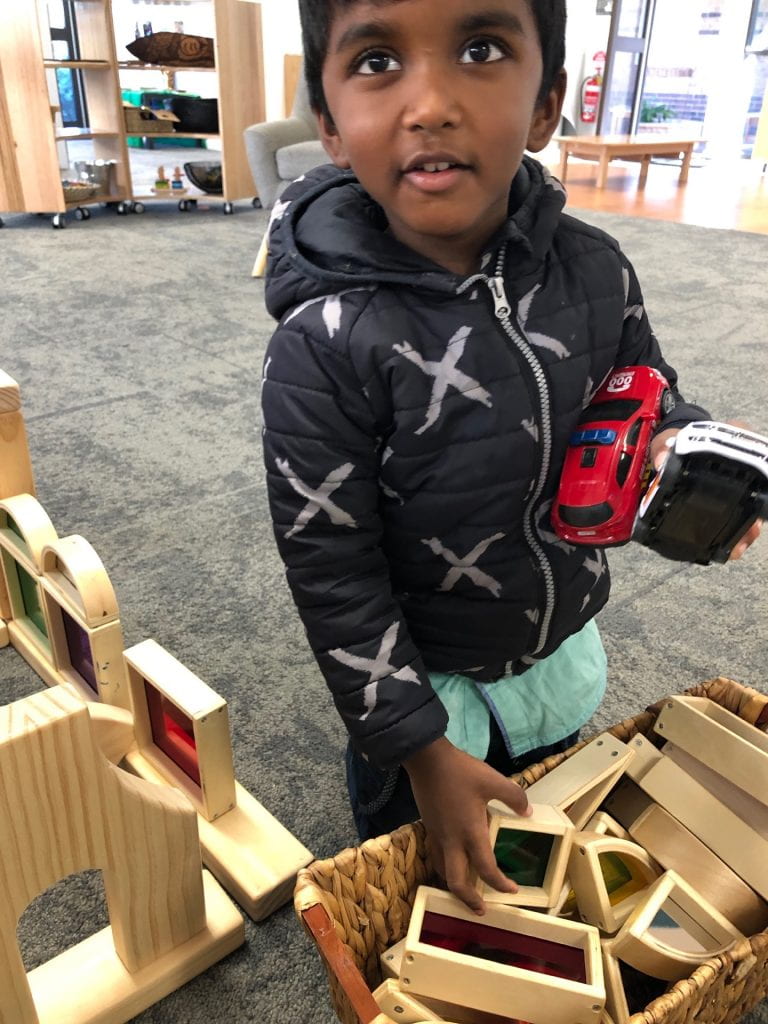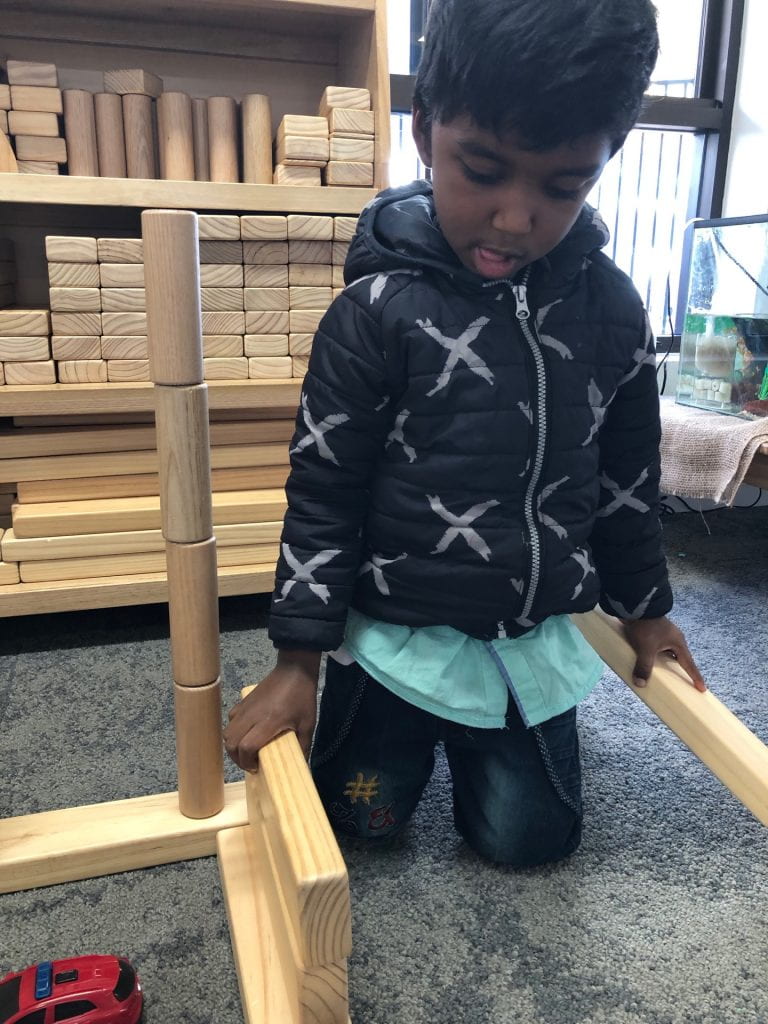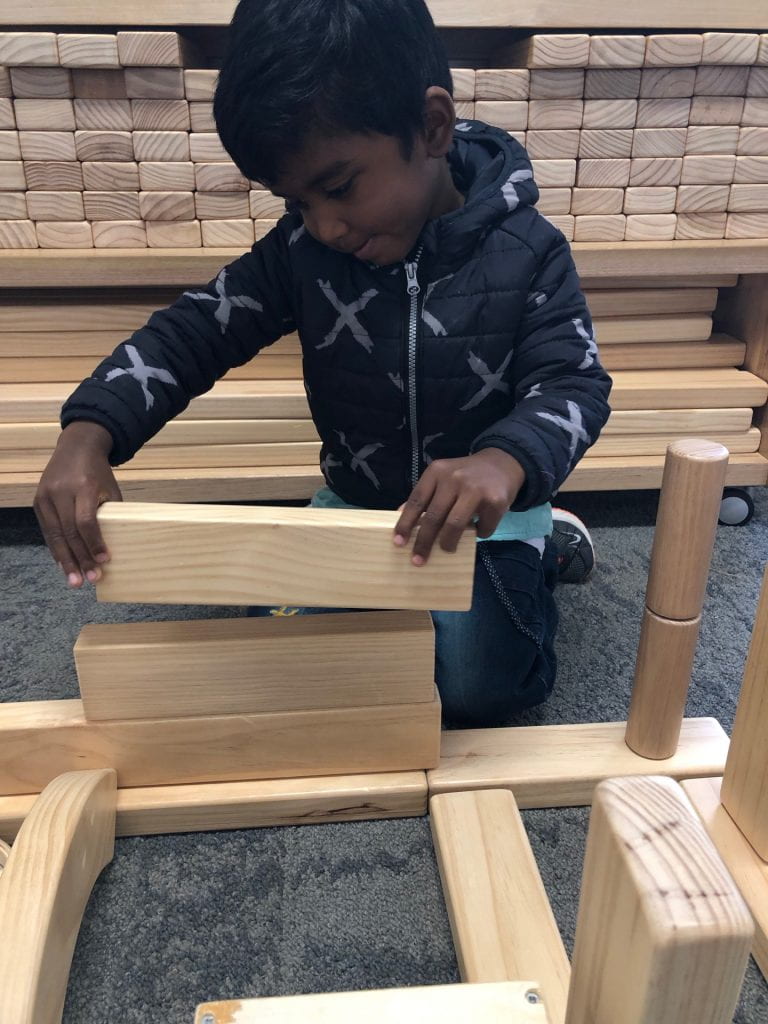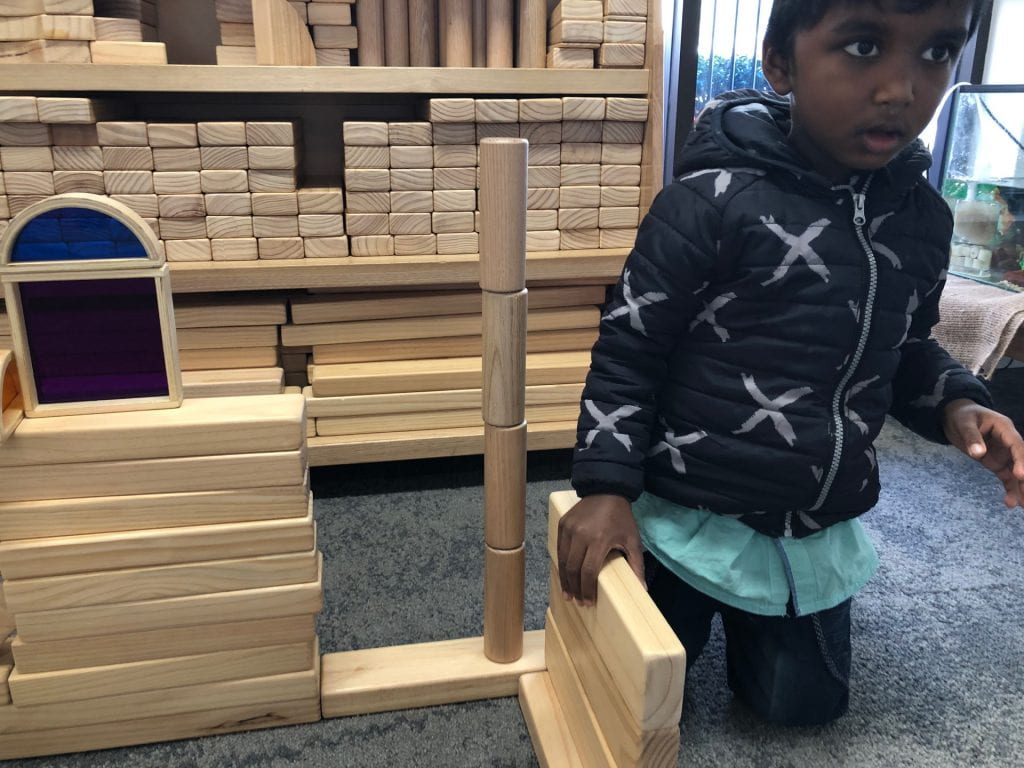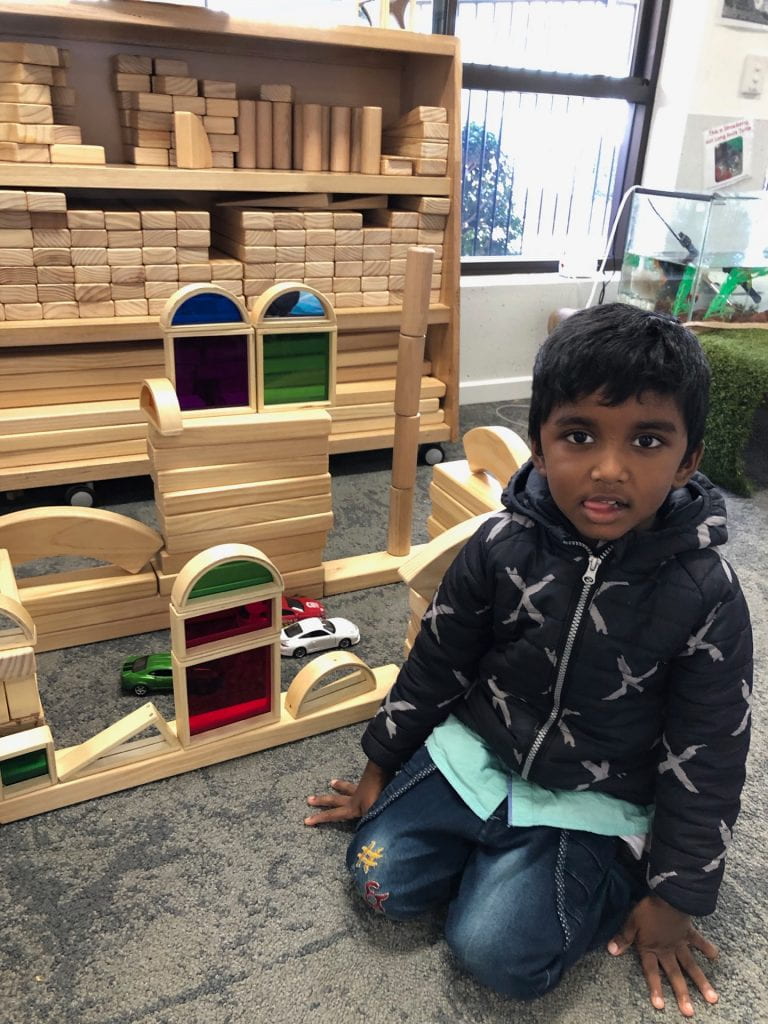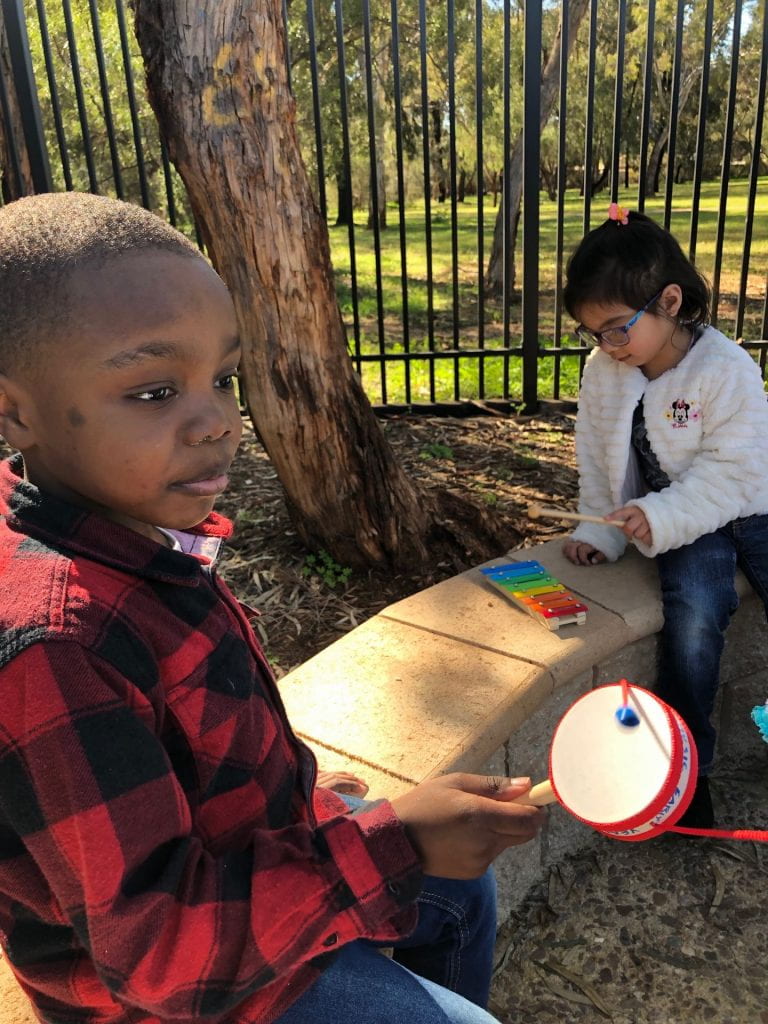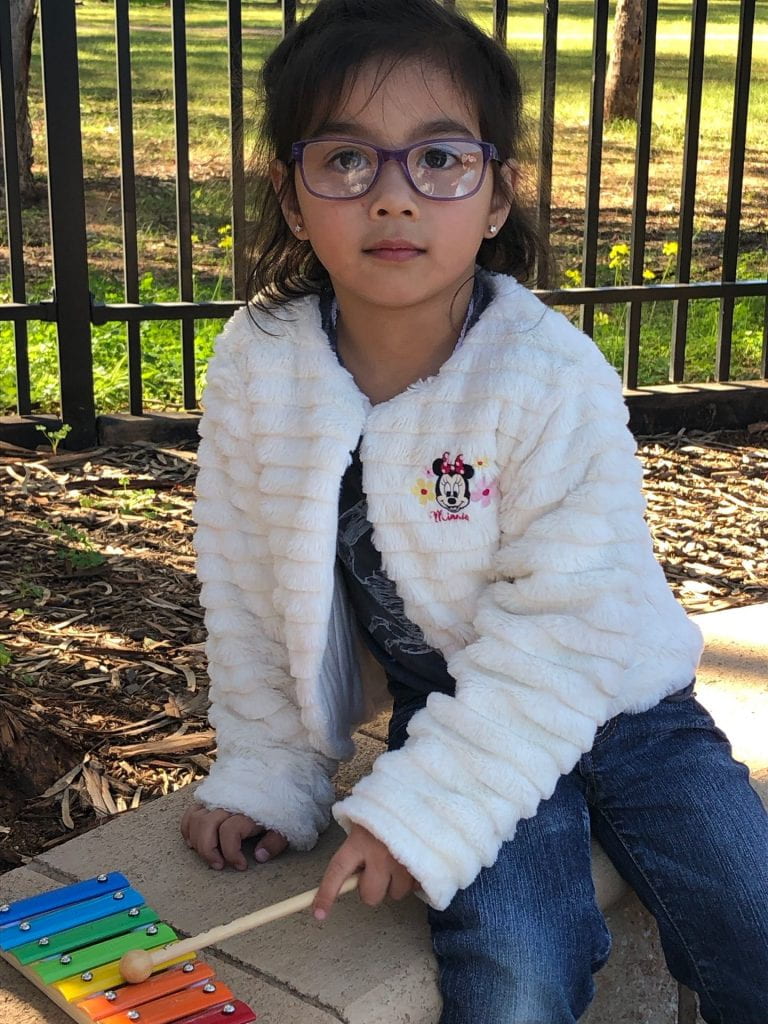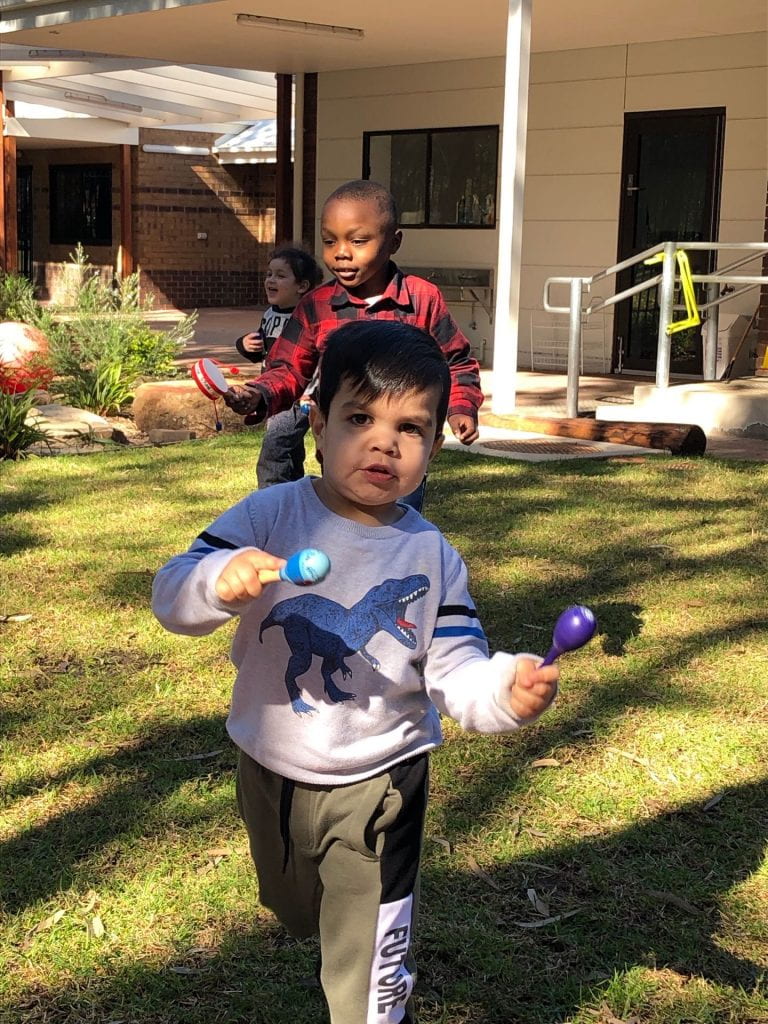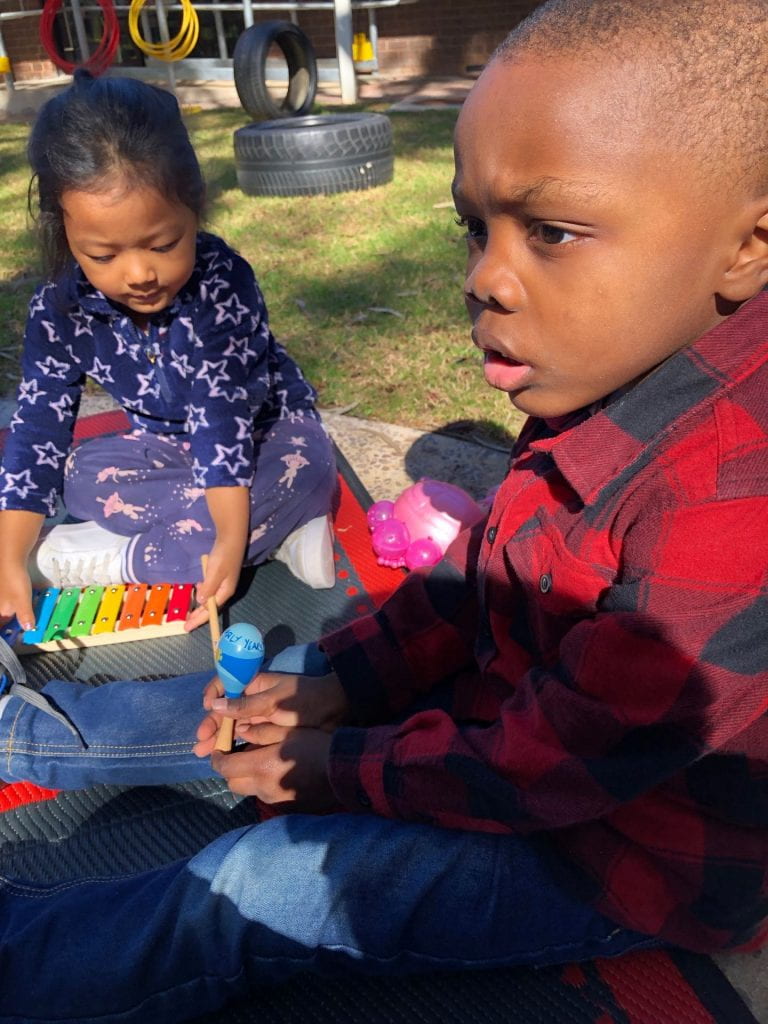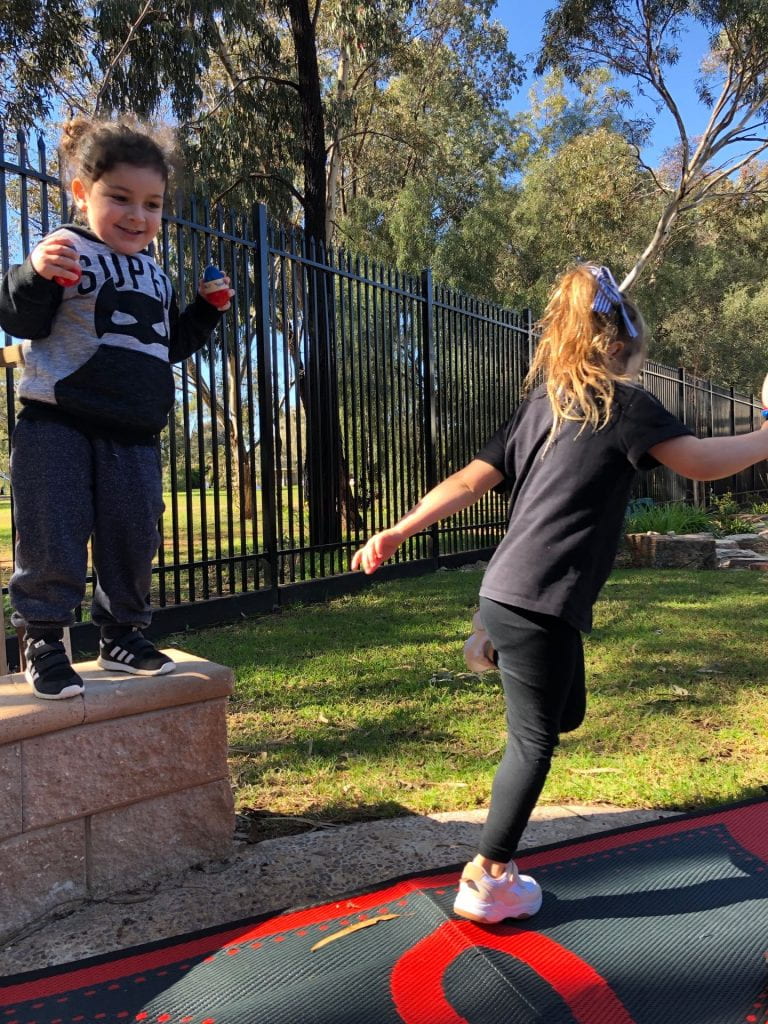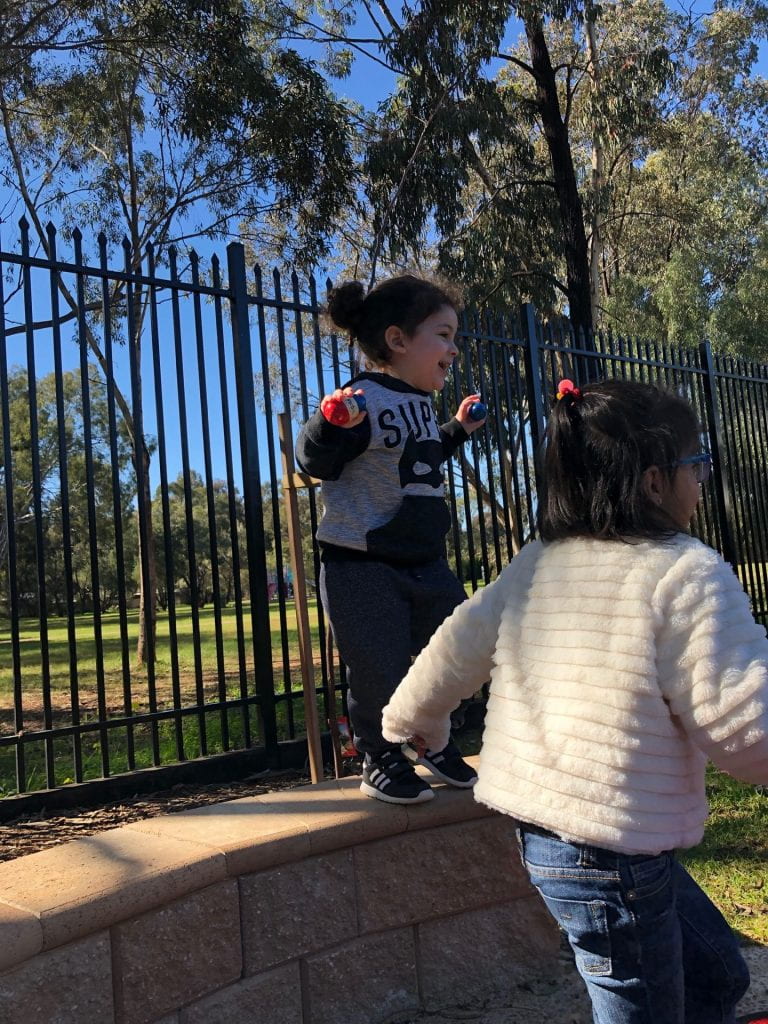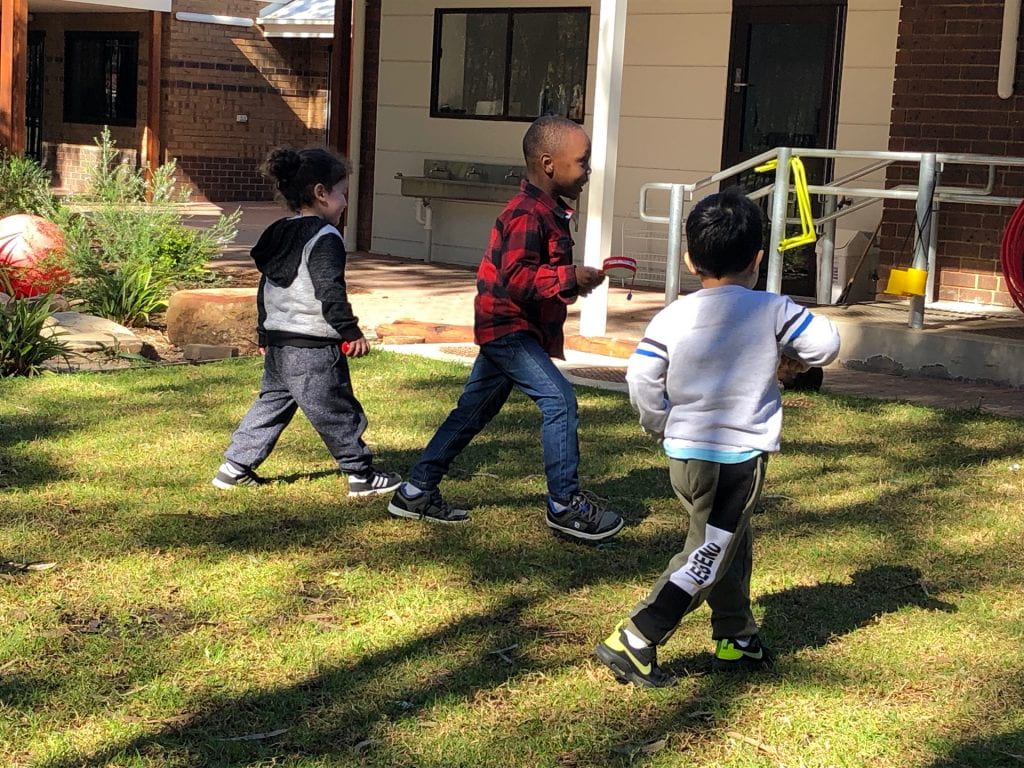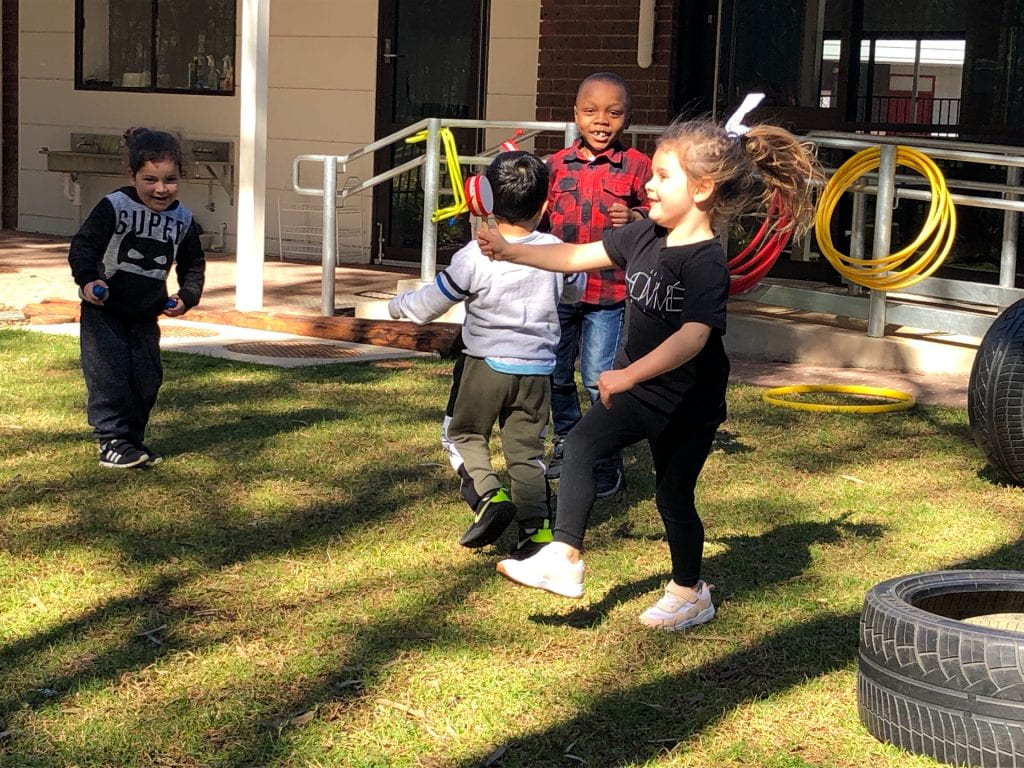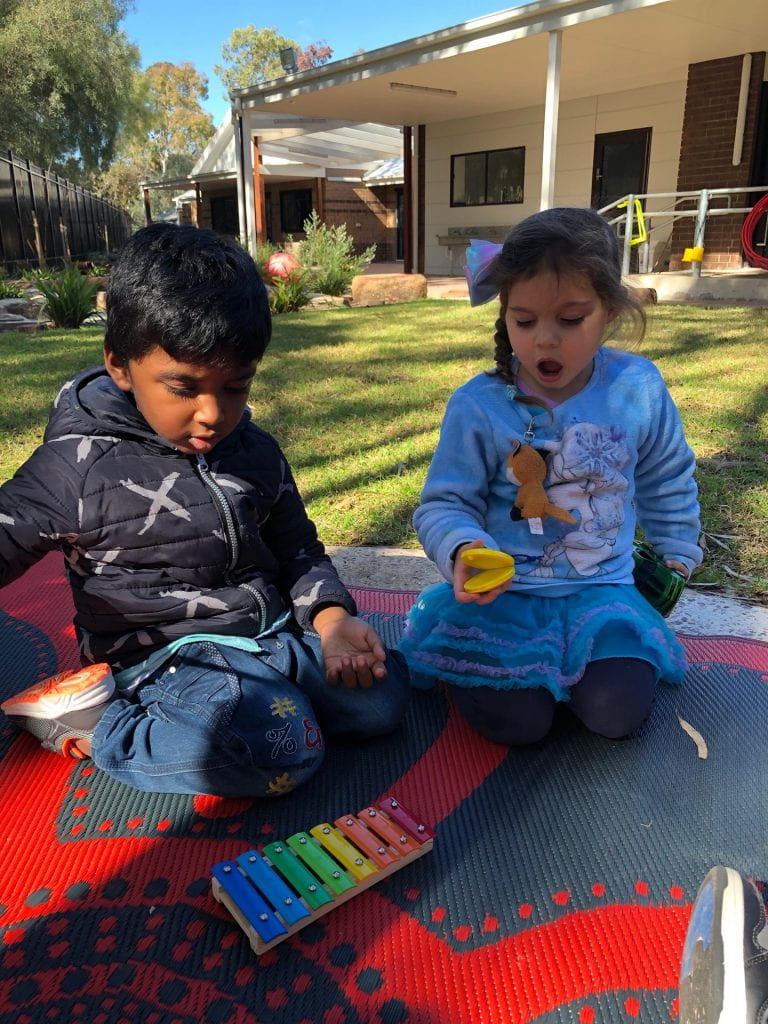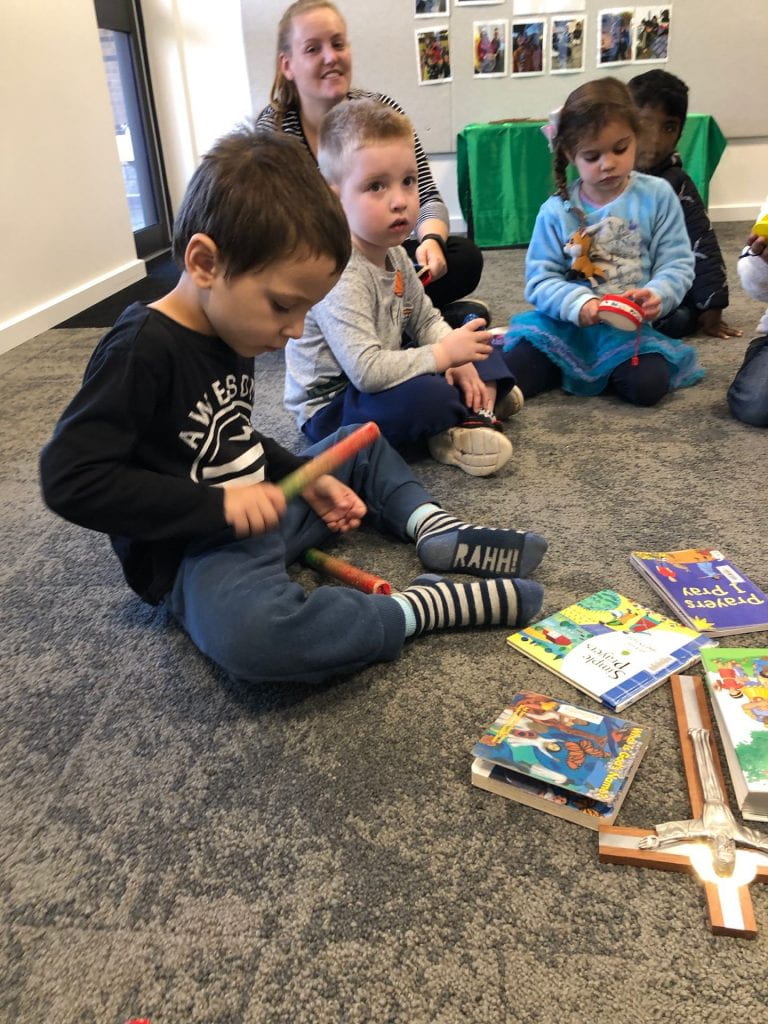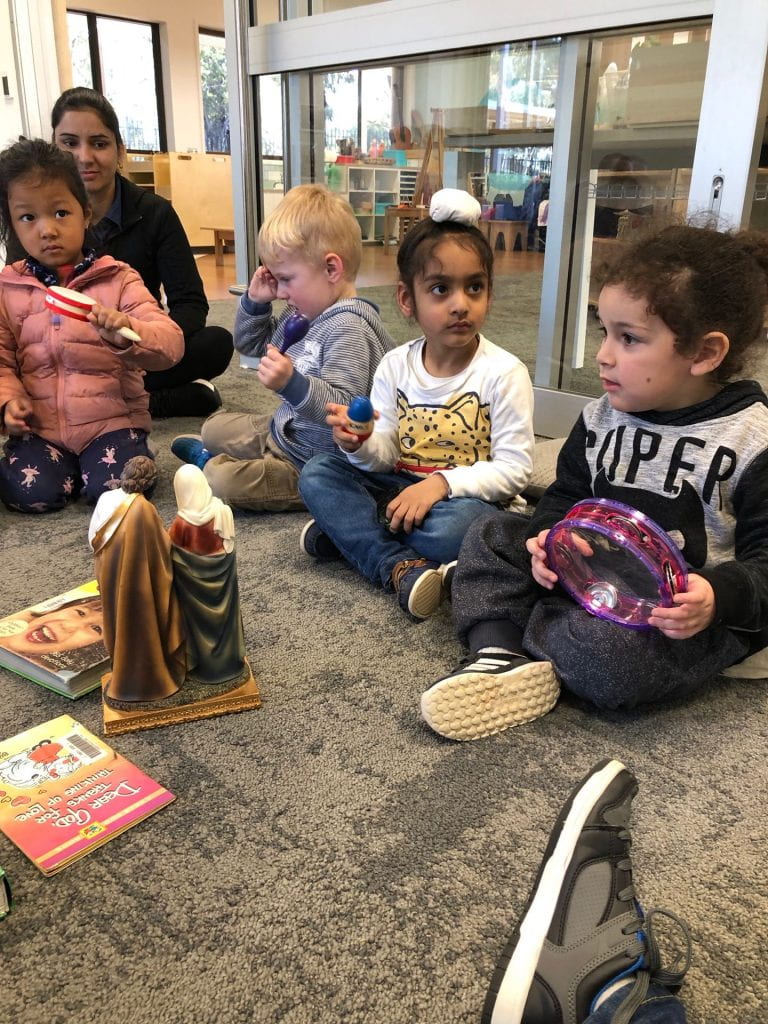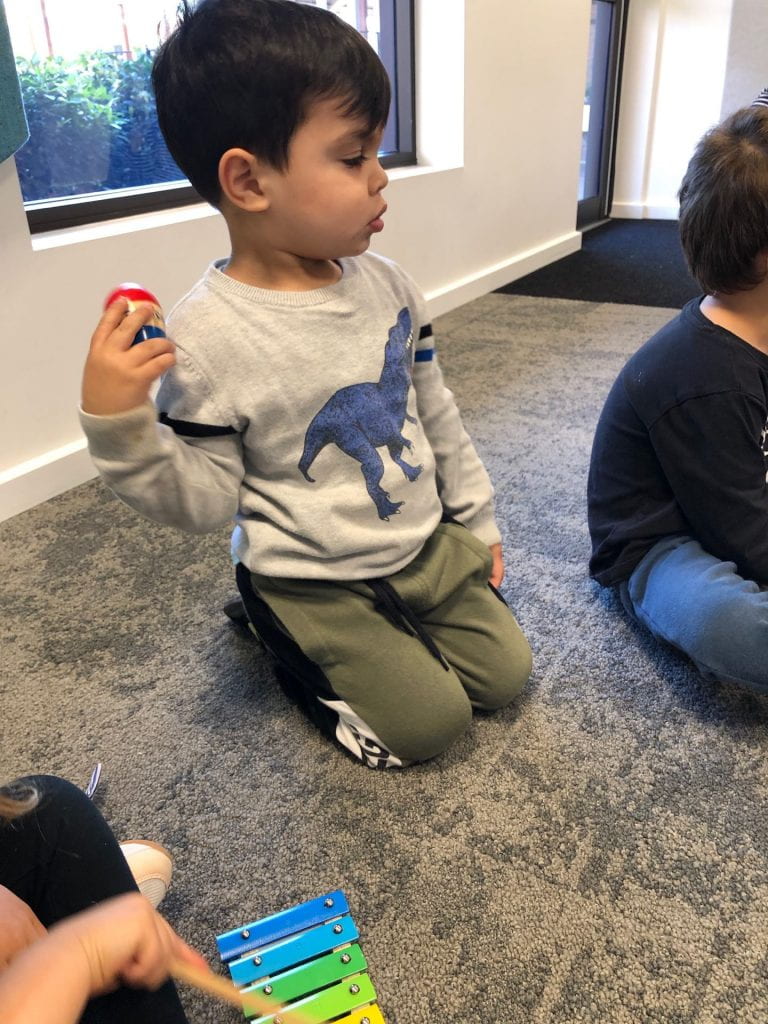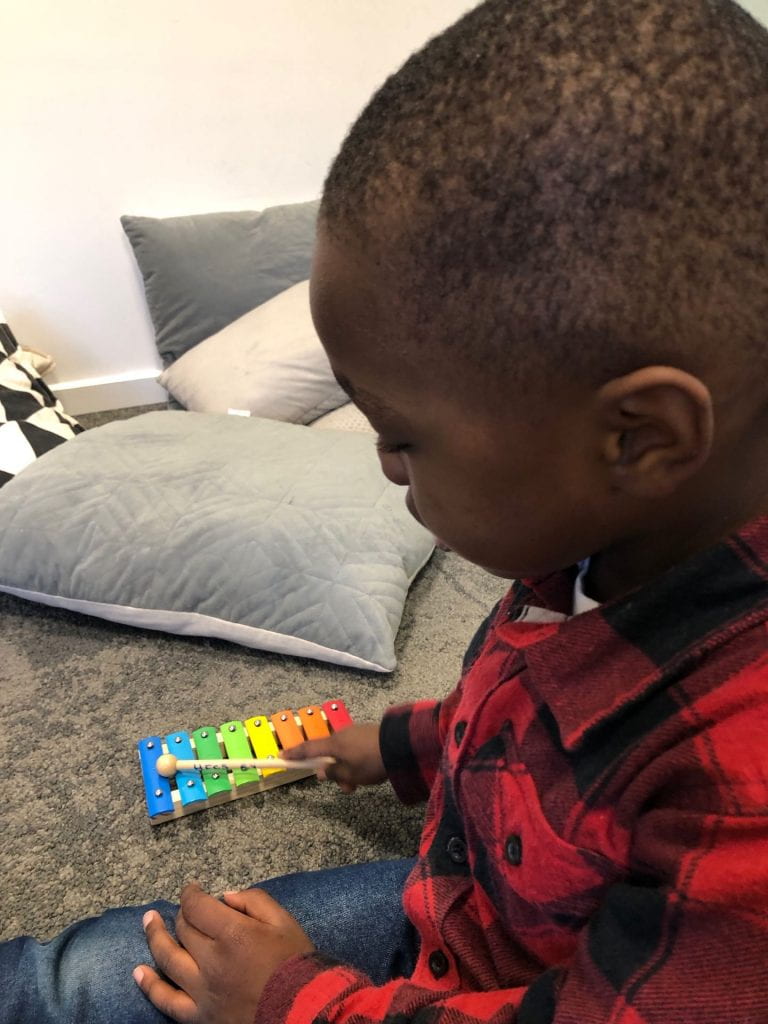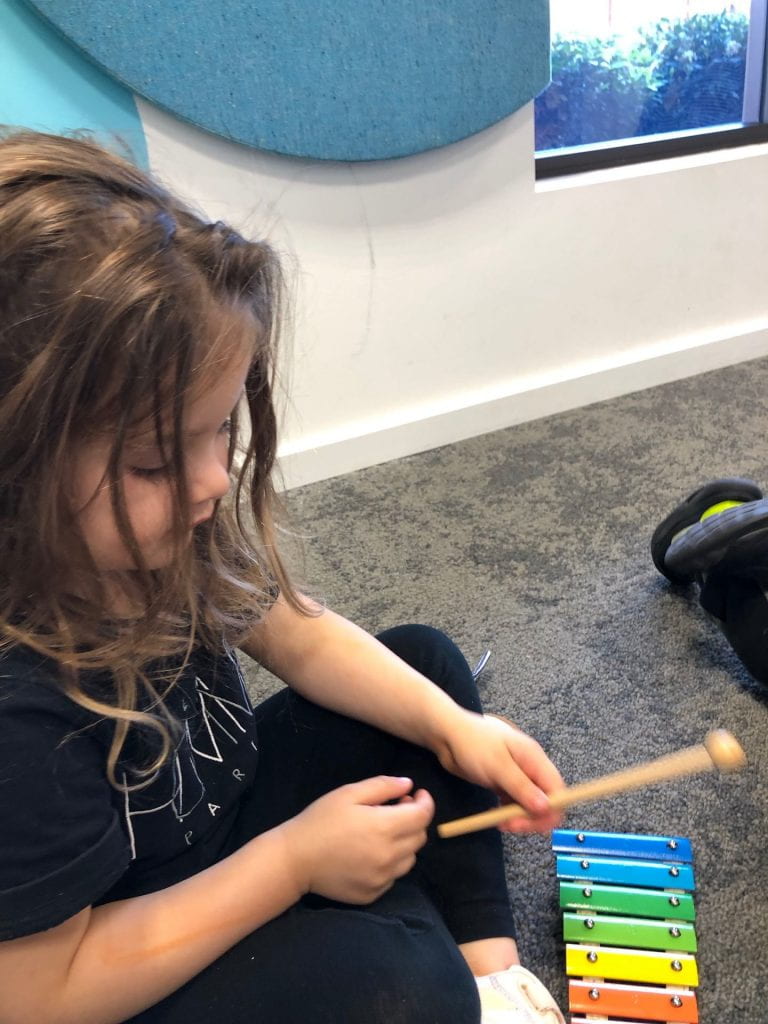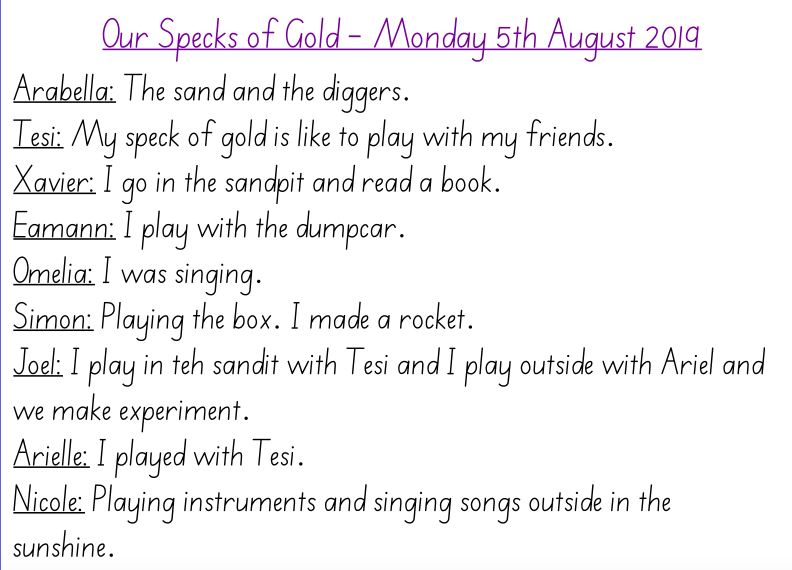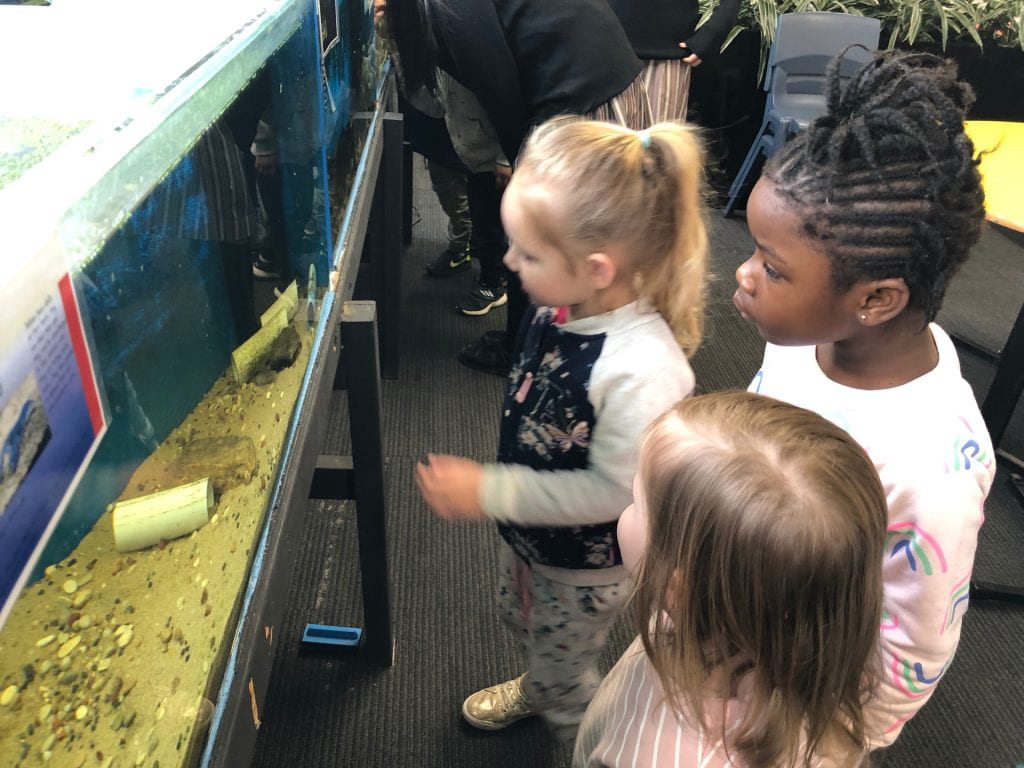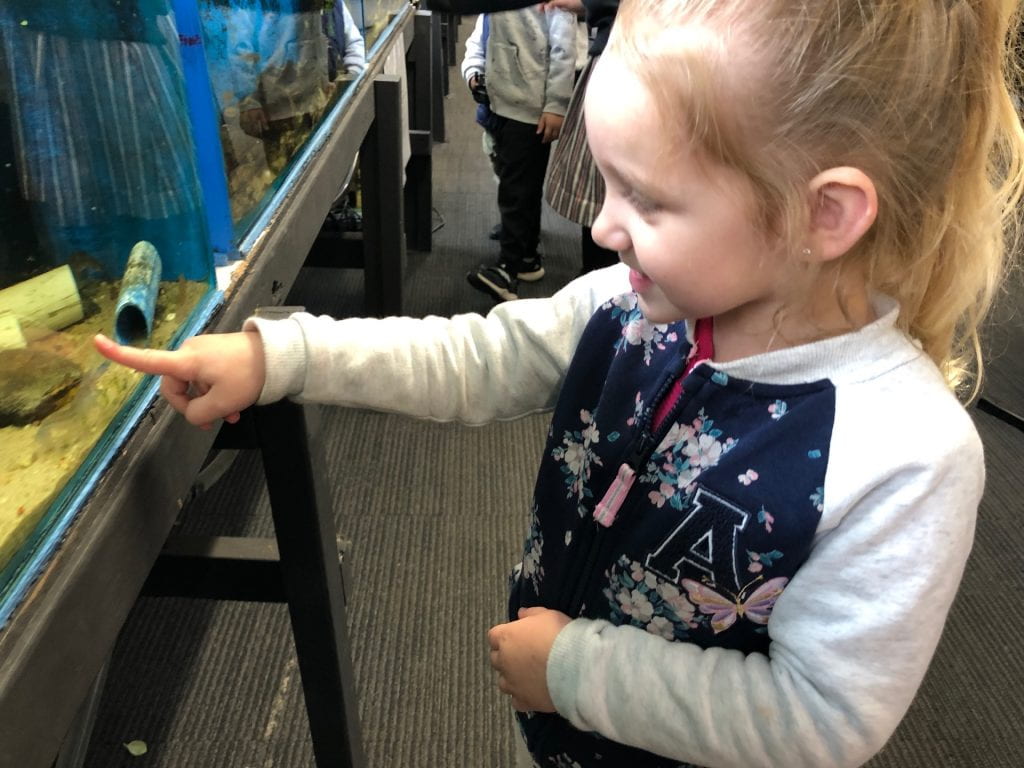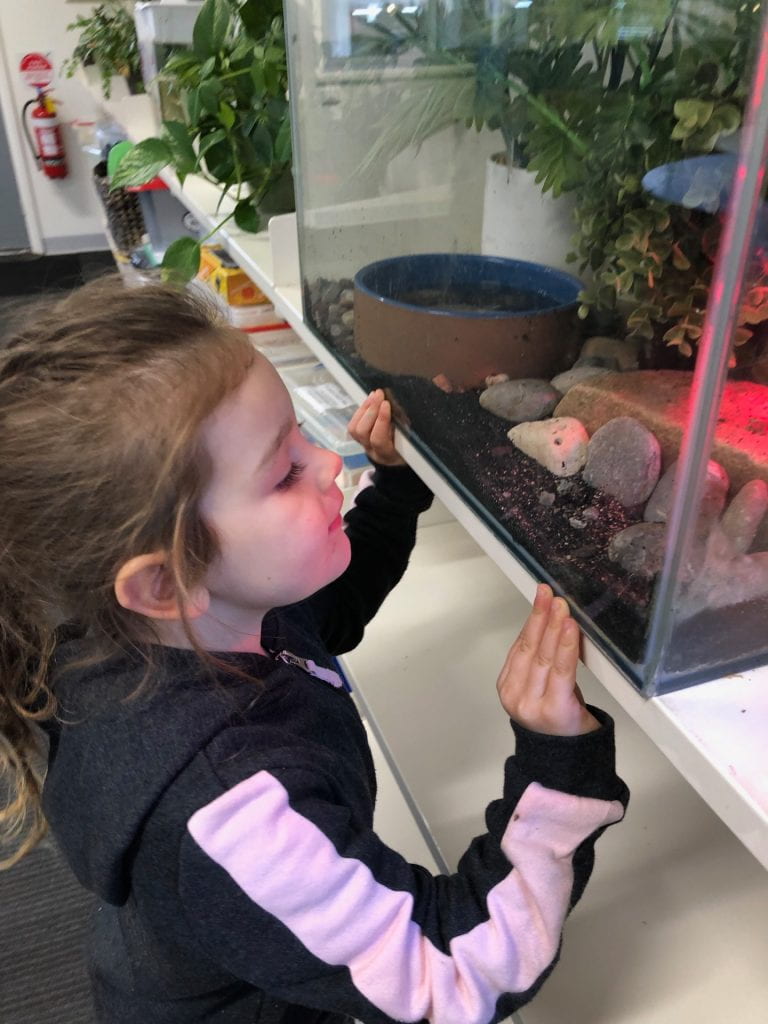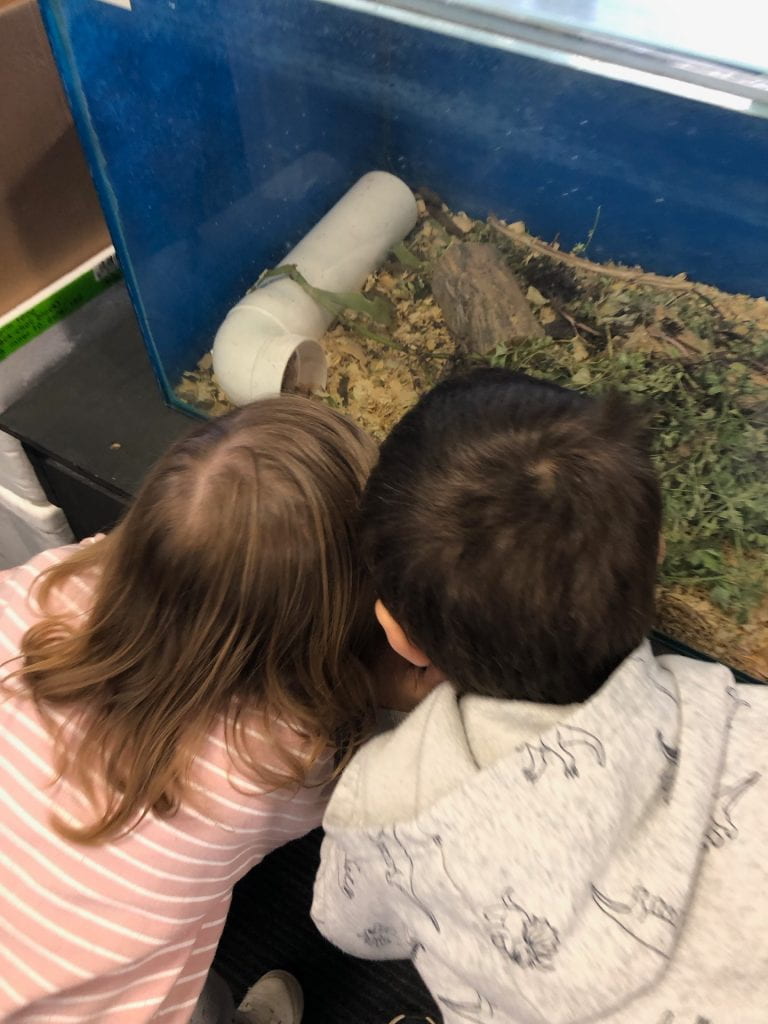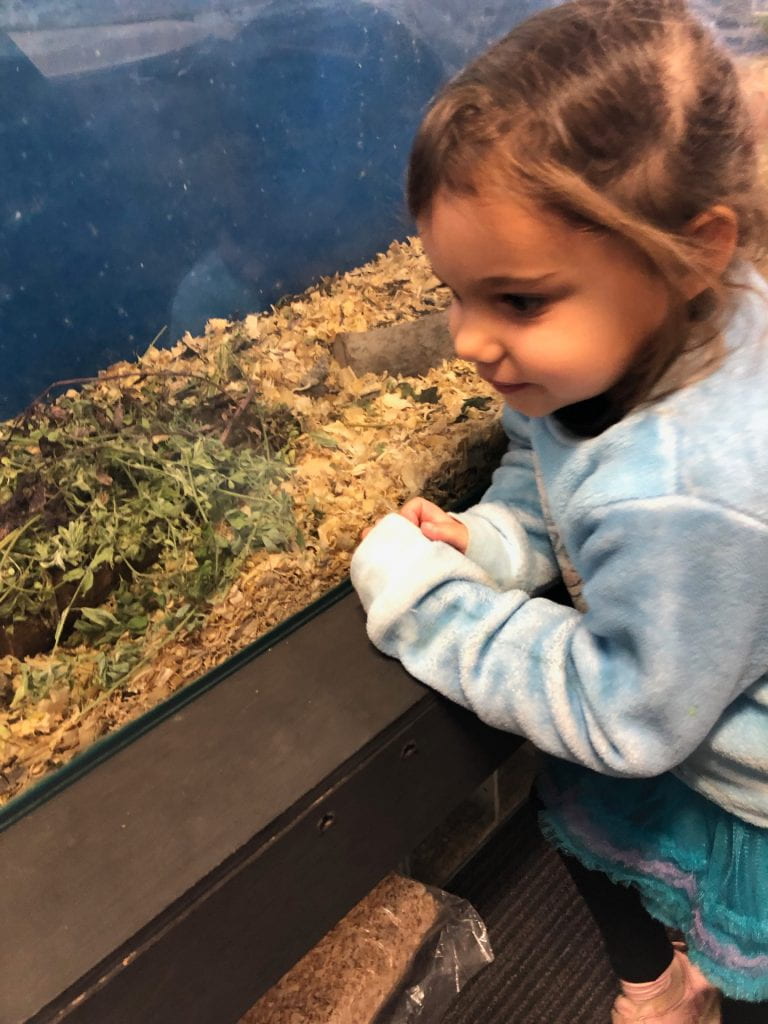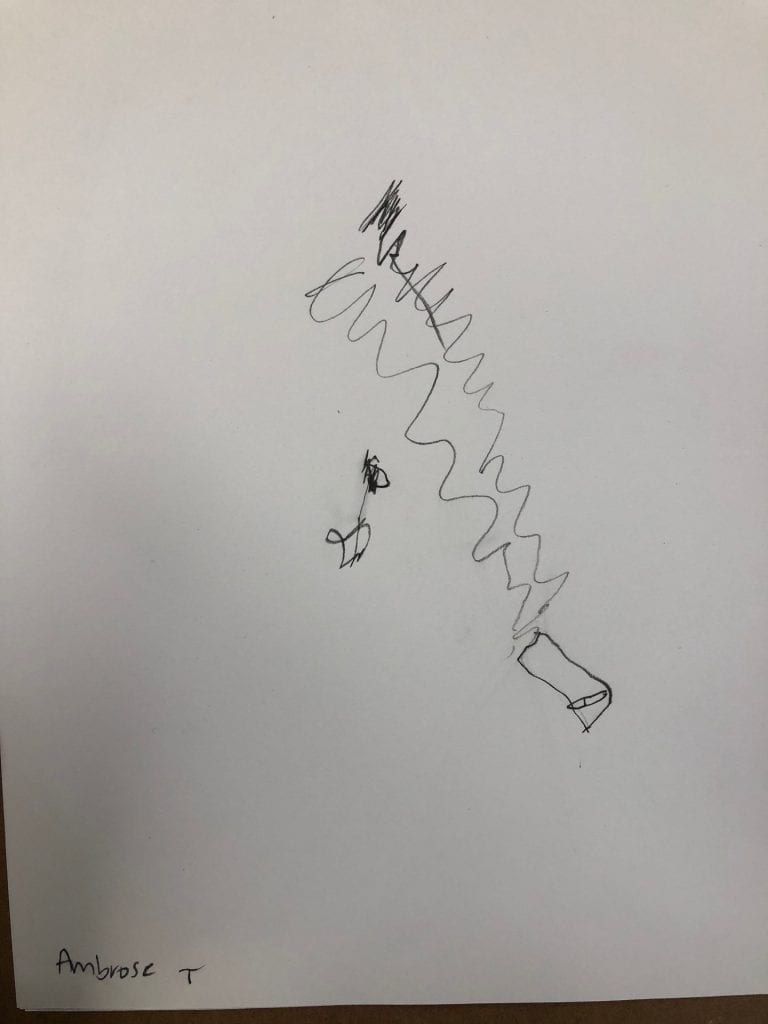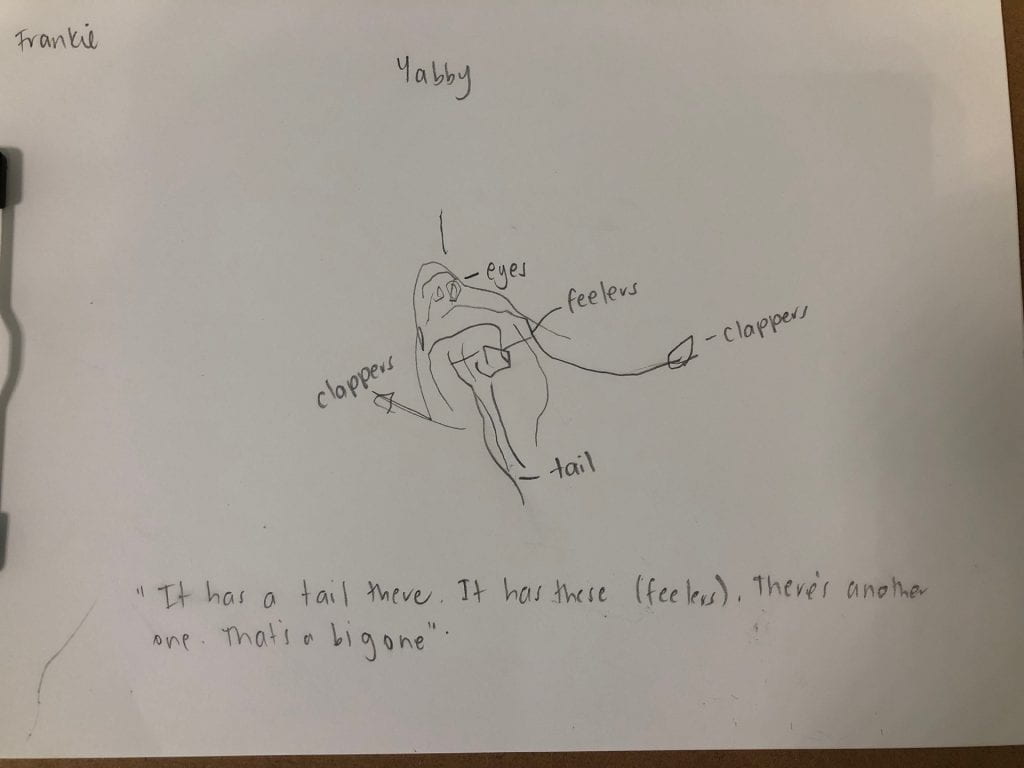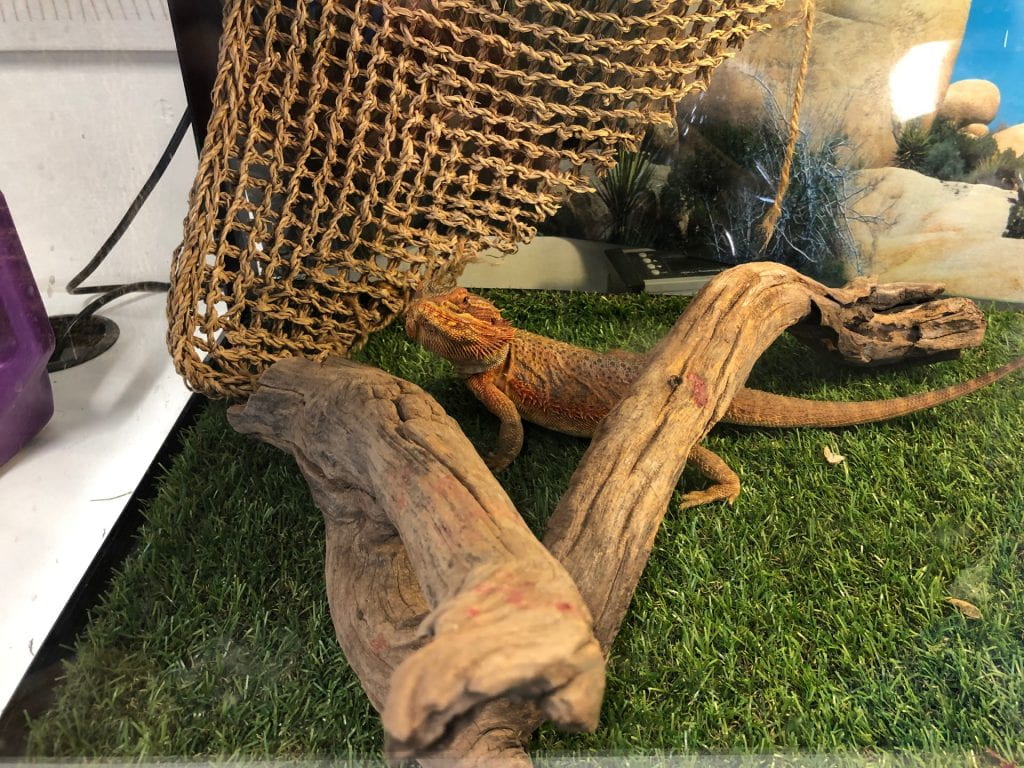Today we enjoyed the beautiful sunshine and engaged in a variety of provocations that have all been designed around children’s interests and curiosities.
BIRD’S NEST PROVOCATION
A few weeks ago, the children found an abandoned bird’s nest in the park adjacent to the ELC (Grevilia Park). This morning, we took some time to observe the nest and share our knowledge, understandings and theories about the it.
What is it?
Liam: Nest
Omelia: Mud
What is it made of?
Joel: Dirt
Will: Sticks and grass and mud and dirt
Tesi: Plastic
Arabella: mud
Arielle: rubbish
What do you think is it used for?
Will: Birds to lay their eggs
Joel: Chickens make eggs and cows make eggs
Is it a bird’s nest?
Liam: Yes
What makes you think so?
Will: I see feathers so it’s a bird’s nest
Tesi: Feathers
What do you think it’s used for?
Will: For eggs to keep them all warm.
Tesi: So they can lay chicks, birdy chicks. So the mama chick put one of the little birdy chick and then she can fly.
Simon: Birds
Xavier: Bird lay the egg
Where do you think the birds are now?
Arabella: Flying
Tesi: In the trees
TARUN – BUILDING WITH BLOCKS
Nicole and Tarun spent lots of time building a garage for Tarun’s cars. He used different length blocks and manipulated them by stacking them and balancing them to build his structure. He also used different coloured window blocks and mirrored blocks. Tarun was able to name the different coloured blocks and shared the blocks with Nicole and gave directions as to where he would like the blocks placed. Tarun did a magnificent job!
PLAYING INSTRUMENTS, SINGING AND DANCING
We borrowed a box of instruments from the school including tambourines, castanets, maracas and clapping sticks. Outside, we enjoyed singing songs and learning the ‘1-2’ beat. We played our instruments and enjoyed moving to the music we were making.
PRAYER
During prayer, we set up our prayer circle and sang ‘Come Join the Circle’. We then each chose an instrument and created a ‘rainbow of sound’ as we sung our prayer song ‘Beautiful Rainbow’.
SPECKS OF GOLD
EARLY YEARS LEARNING OUTCOMES
OUTCOME 2: CHILDREN ARE CONNECTED WITH AND CONTRIBUTE TO THEIR WORLD
• Children develop a sense of belonging to groups and communities and an understanding of the reciprocal rights and responsibilities necessary for active community participation
OUTCOME 4: CHILDREN ARE CONFIDENT AND INVOLVED LEARNERS
• Children develop dispositions for learning such as curiosity, cooperation, confidence, creativity, commitment, enthusiasm, persistence, imagination and reflexivity
• Children develop a range of skills and processes such as problem solving, inquiry, experimentation, hypothesising, researching and investigating
OUTCOME 5: CHILDREN ARE EFFECTIVE COMMUNICATORS
• Children express ideas and make meaning using a range of media

